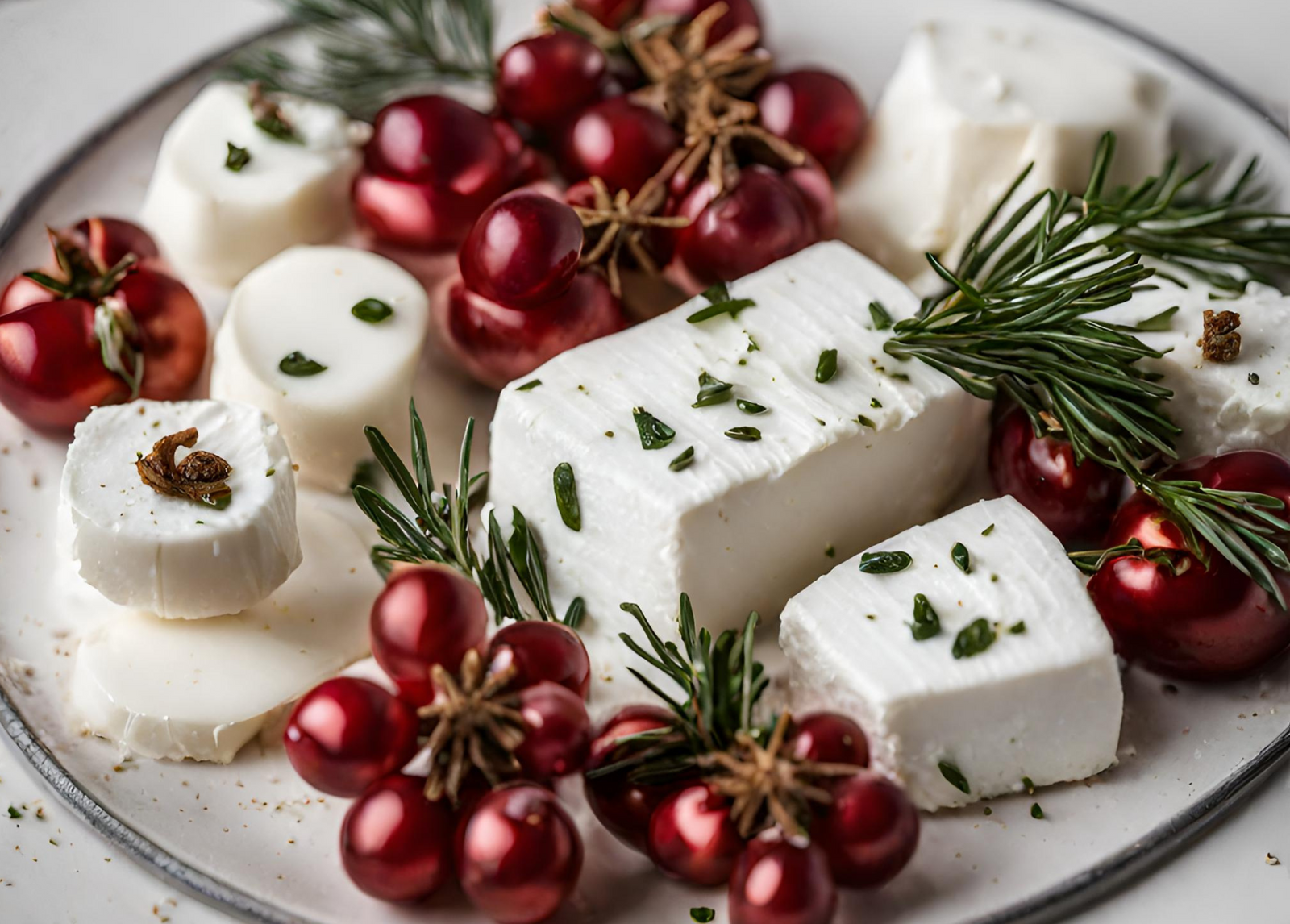Your Cart is Empty

April 24, 2020 2 min read
PASTEURIZATION is a process that slows microbial growth in food
NOT INTENDED TO KILL ALL PATHOGENS: Pasteurization is not intended to kill all pathogenic micro-organisms in the food or liquid, but aims to reduce the number of viable pathogens so they are unlikely to cause disease.
TWO MAIN TYPES of pasteurization used today:
1. High Temperature/Short Time (HTST): 161°F for 15-20 seconds
2. Ultra-Heat Treated (UHT): 280°F for fraction of second
RAPID HEATING: Both treatments involve rapid heating by forcing the milk between super heated stainless steel plates
Milk’s anti-microbial properties have been detailed only recently, but the destruction of protective properties was recognized as early as 1938 in studies showing that raw milk did not support the growth of a wide range of pathogens.
Researchers noted that heating milk supports the growth of harmful bacteria by inactivating “inhibins” (factors that inhibit bacterial growth)
Allergies
Asthma
Frequent Ear Infections
Gastro-Intestinal Problems
Diabetes
Auto-Immune Disease
Attention Deficit Disorder
Constipation
Allowed levels of antibiotics. Only a few of at least 26 types are tested for
No labeling required for rBST
Homogenization increases risk of rancidified fats
Added Milk Solids and Milk Protein Concentrates
Does not sour properly but decomposes (putrifies) making it useless for many purposes
Ultrapasteurized milk cannot be used to make cheese, which means it is indigestible
Grain fed cattle: implications
Unsanitary conditions at pasteurized milk producers
Is NOT the same as raw milk nutritionally! (enzymes, proteins, microorganisms)
Comments will be approved before showing up.

December 19, 2024 2 min read

December 05, 2024 2 min read
Sign up to get the latest on sales, new releases and more …